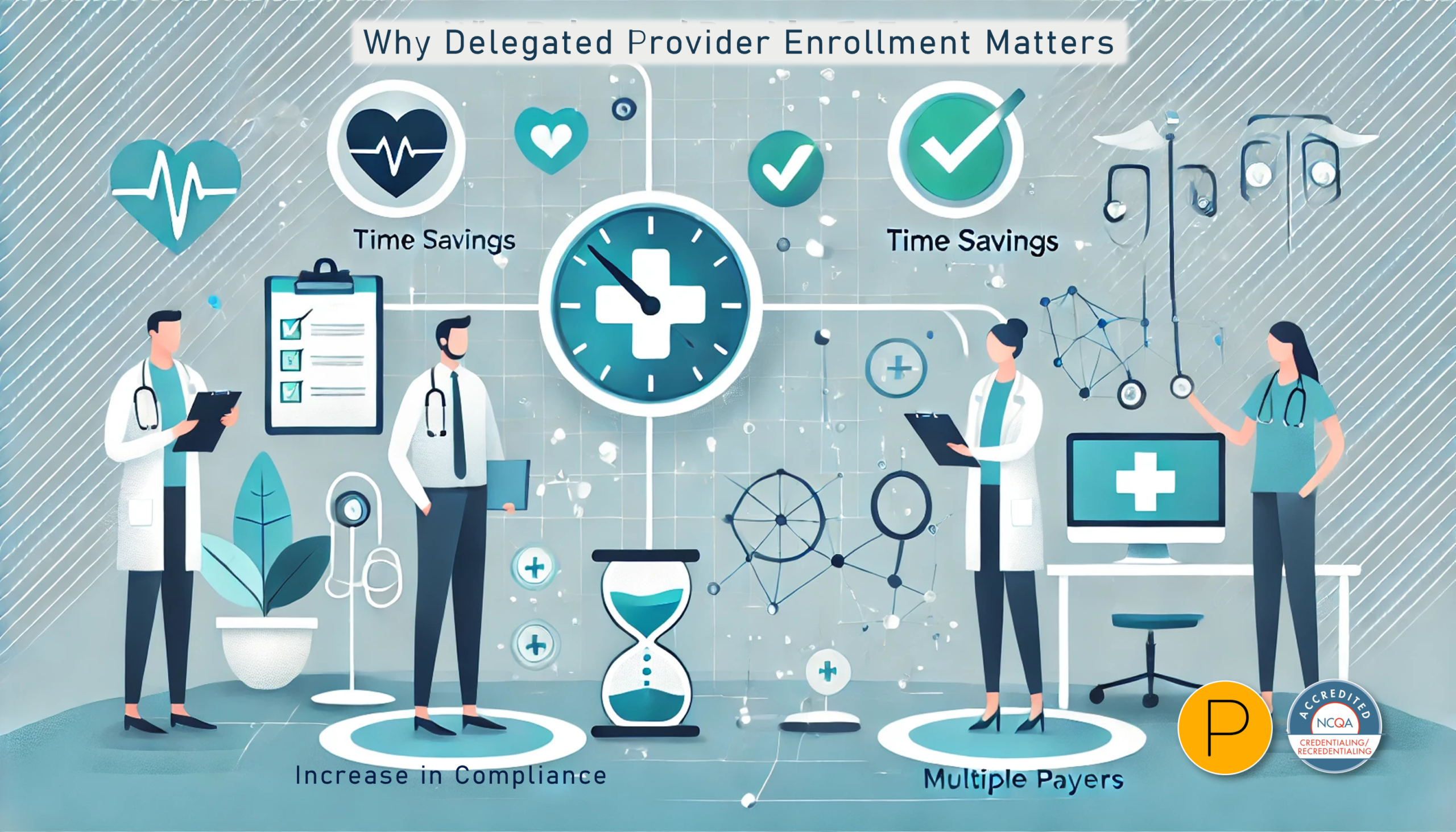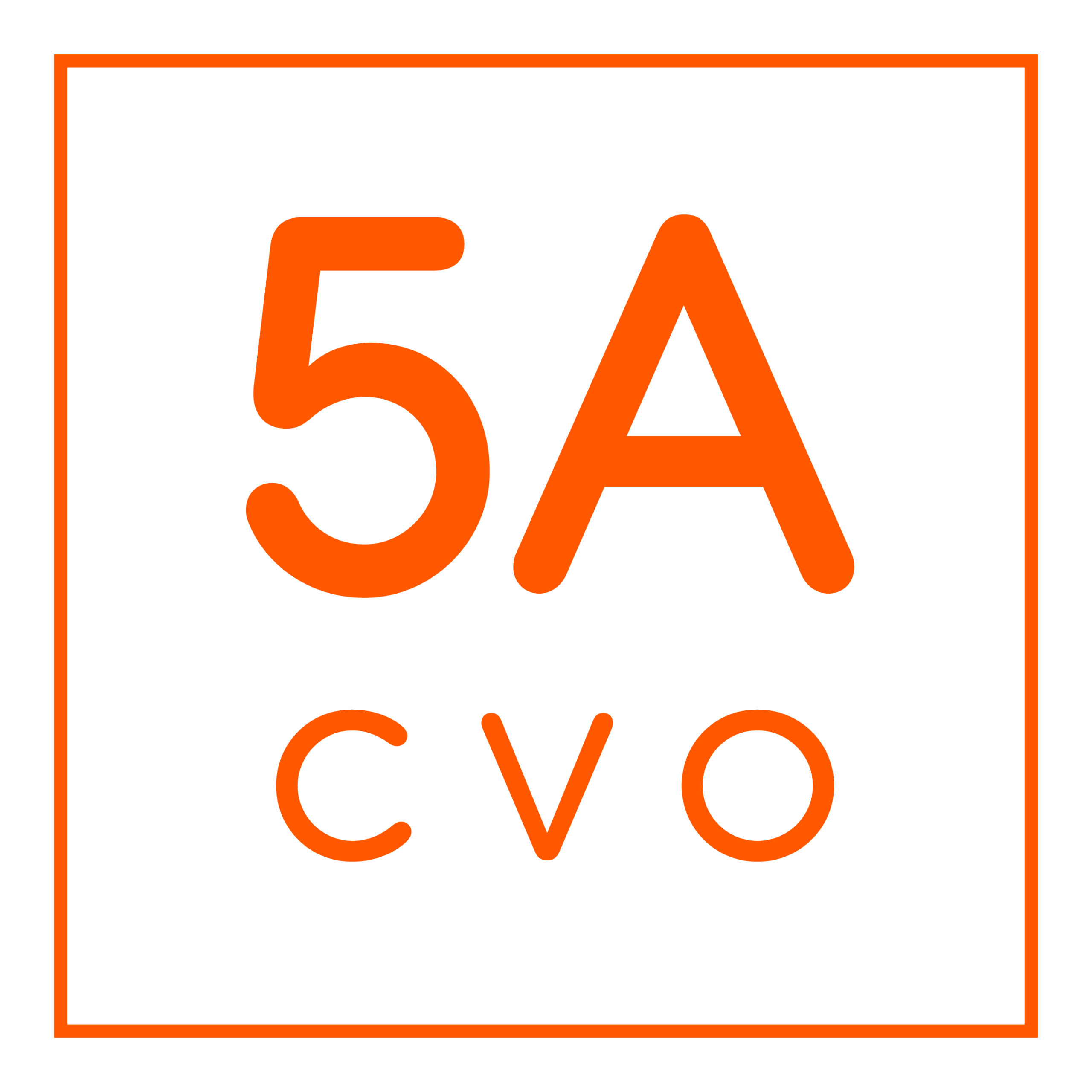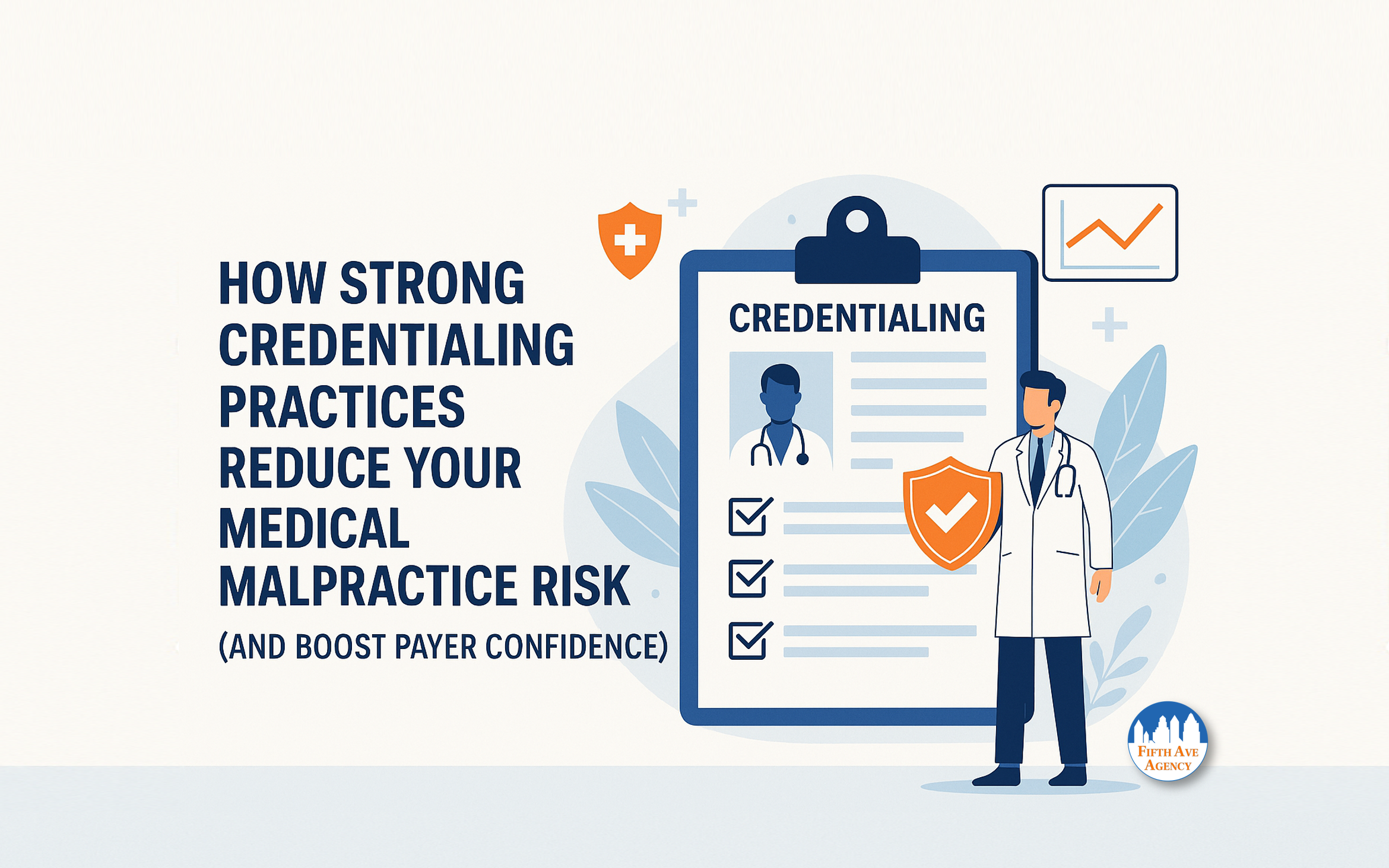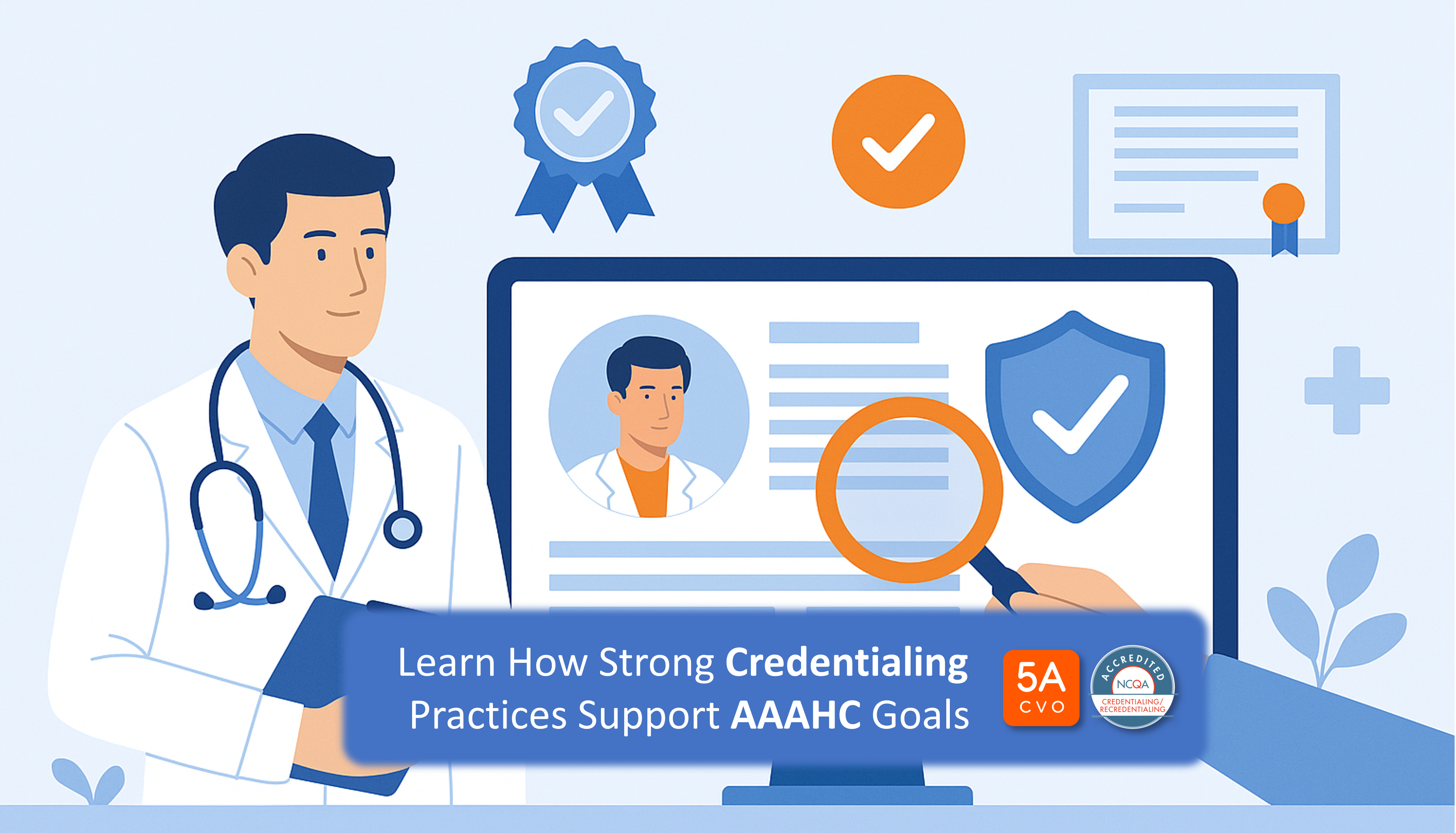Healthcare organizations today face a range of complex administrative and operational challenges, one of the most significant being the provider credentialing and enrollment process. Credentialing new healthcare providers and enrolling them with insurance payers can be a time-consuming and resource-draining process. This often leads to delays in onboarding new providers, impacting the organization’s revenue stream.
To address this, many healthcare organizations are turning to delegated provider enrollment, a strategy designed to streamline credentialing by partnering with specialized third-party organizations. Delegated provider enrollment enables healthcare organizations to focus on patient care while ensuring their providers are credentialed and enrolled promptly and efficiently.
This comprehensive guide will explore everything you need to know about delegated provider enrollment, its benefits, and how it can improve your organization’s efficiency. By the end of the article, you’ll understand why working with a trusted provider like Primoris Credentialing Network can help boost your organization’s revenue and reduce administrative burdens.
What is Delegated Provider Enrollment?
Delegated provider enrollment is the process by which a healthcare organization delegates the responsibility of credentialing and enrolling its providers with insurance payers to a third party, such as a Credentialing Verification Organization (CVO) or an Independent Practice Association (IPA). This third-party entity handles the complex and administrative-heavy credentialing tasks, ensuring that providers meet payer requirements and can bill for their services.
Typically, each payer (e.g., Medicare, Medicaid, private insurers) requires healthcare providers to go through a credentialing process to verify their qualifications, licenses, and certifications. Under traditional credentialing models, providers must submit multiple applications to individual payers, which can lead to redundancies, delays, and potential errors. Delegated provider enrollment simplifies this by using a single application to enroll providers with multiple payers.
At Primoris Credentialing Network, delegated provider enrollment services allow healthcare organizations to enroll providers with up to 25 payers using a streamlined, single-application process. This not only accelerates the time to enrollment but also ensures compliance with payer requirements, making it easier for healthcare organizations to onboard new providers and start billing for services.
How Does Delegated Provider Enrollment Work?
Here’s how delegated provider enrollment works in practice:
- Single Application Process: Instead of submitting separate credentialing applications to each payer (which can be redundant and error-prone), delegated provider enrollment allows providers to complete a single application that covers multiple payers. The third-party organization collects all necessary documents and information from the healthcare provider, streamlines it into one comprehensive application, and submits it to the insurance payers.
- Primary Source Verification (PSV): The third-party organization completes the primary source verification process, which involves verifying the provider’s credentials—such as their medical license, board certifications, work history, education, and malpractice history—directly with the source (such as licensing boards, medical schools, or previous employers). This step is crucial for ensuring the accuracy and validity of the provider’s credentials.
- Payer Relationships: One key advantage of working with a CVO or IPA for delegated provider enrollment is that these organizations have long-standing relationships with multiple payers. They ensure that all documentation meets payer requirements, reducing the likelihood of rejected or delayed applications.
- Faster Turnaround Times: By consolidating the credentialing and enrollment process into a single application and working with payers directly, delegated provider enrollment significantly reduces the time it takes to enroll a provider fully. This is especially important for healthcare organizations that must quickly onboard new providers to meet patient demand and maintain smooth operations.
For example, at Primoris Credentialing Network, the delegated provider enrollment process allows healthcare organizations to enroll providers with approximately 25 insurance payers in Oklahoma through a single application.
What Role Does Credentialing Verification Organizations (CVOs) and Independent Practice Associations (IPAs) Play in Delegated Enrollment?
Credentialing Verification Organizations (CVOs) and Independent Practice Associations (IPAs) are central to delegated provider enrollment. These organizations deeply understand payer requirements, state, and federal regulations, and the documentation needed to successfully enroll healthcare providers with multiple payers.
- Credentialing Verification Organization (CVO): A CVO specializes in verifying a provider’s credentials and ensuring compliance with payer requirements. CVOs handle the primary source verification (PSV) process, ensuring that all licenses, certifications, and other credentials are validated directly with the issuing entities. CVOs often work with large healthcare organizations or groups that require ongoing credentialing support to manage multiple providers across various states and payers.
- Independent Practice Association (IPA): An IPA, on the other hand, is typically a network of independent healthcare providers who come together to negotiate contracts and work with insurance payers as a collective group. IPAs often handle credentialing and enrollment tasks for their members, streamlining the process and allowing providers to focus on delivering patient care. In the case of Primoris Credentialing Network, the IPA handles provider enrollment with multiple payers using a single application, further simplifying the process for healthcare organizations.
Why Does Delegated Provider Enrollment Matter?
Credentialing and enrolling healthcare providers is critical to ensuring that providers can deliver care and that the organization can bill for services. However, traditional credentialing processes often involve layers of administrative work, from gathering documents and verifying licenses to filling out payer applications and managing communications between multiple payers. This can quickly become overwhelming for healthcare organizations that manage large numbers of providers.

Delegated provider enrollment addresses these challenges by outsourcing the credentialing process to a third party. This reduces the administrative burden on internal teams and ensures that experts manage the process and are familiar with payer requirements and regulations. The third-party organization handles all aspects of primary source verification (PSV), documentation submission, and compliance management, allowing providers to be enrolled more quickly and efficiently.
There are several reasons why delegated provider enrollment is essential for healthcare organizations:
- Faster Onboarding of Providers: Speed is crucial in the healthcare industry, especially when new providers are needed to meet patient demand. Delays in credentialing can result in significant revenue loss, as providers cannot bill for services until they are enrolled with payers. By outsourcing the process to a third party, healthcare organizations can significantly reduce the time it takes to credential and enroll providers.
- Reduction in Administrative Burden: Credentialing requires significant administrative oversight. From collecting documents to ensuring compliance with state and federal regulations, the process can take valuable time away from internal teams. Delegated provider enrollment allows organizations to offload these tasks, freeing resources to focus on other priorities.
- Compliance with Regulatory Requirements: Insurance payers have stringent requirements for provider credentialing, and failure to meet these requirements can result in rejected applications and delays in the enrollment process. By delegating the process to a trusted third-party organization like Primoris Credentialing Network, healthcare organizations can ensure that all necessary documentation is complete and accurate, reducing the risk of delays and rejections.
- Streamlined Operations: With multiple payers involved, the traditional credentialing process can involve multiple rounds of document submission, corrections, and follow-up communications. Delegated provider enrollment consolidates these tasks into a single, streamlined process, allowing healthcare organizations to operate more efficiently.
What are the Key Benefits of Delegated Provider Enrollment?
Now that we have established the importance of delegated provider enrollment, let’s explore the specific benefits healthcare organizations can expect when delegating this process to a third party.
1. Speed and Efficiency
One of the most immediate benefits of delegated provider enrollment is the speed at which healthcare providers can be credentialed and enrolled. The traditional model of credentialing providers individually with each payer is time-consuming and prone to delays due to incomplete applications, miscommunications, or documentation errors. By working with a third party like a CVO or IPA, healthcare organizations can streamline the process, reducing the time it takes to enroll providers.
For example, NCQA (National Committee for Quality Assurance) has developed specific standards for credentialing that focus on efficiency and accuracy. Partnering with a third party that adheres to these standards can help ensure the credentialing process is completed faster, enabling healthcare providers to begin treating patients sooner.
2. Reduced Administrative Costs
Credentialing in-house can be costly, particularly for healthcare organizations with many providers. Managing payer applications, verifying credentials, and following up on enrollment status can require a dedicated team of administrative staff, straining the organization’s resources.
Delegated provider enrollment offers a cost-effective solution by reducing the need for an extensive in-house credentialing team. By outsourcing these tasks to an organization like Primoris Credentialing Network, healthcare organizations can save on labor costs, technology investments, and administrative overhead. This allows organizations to allocate resources more effectively and focus on delivering high-quality patient care.
According to Healthcare Finance News, streamlining credentialing can lead to significant cost savings for healthcare organizations. Delegating provider enrollment helps achieve this by optimizing efficiency and reducing the staff required to manage credentialing tasks.
3. Improved Compliance and Accuracy
Insurance payers have strict requirements for provider credentialing, and even minor errors in documentation or applications can lead to delays or rejections. Delegated provider enrollment minimizes these risks by relying on experts well-versed in payer regulations and credentialing standards.
At Primoris Credentialing Network, for example, we handle the entire primary source verification (PSV) process, ensuring that all provider documentation is accurate and compliant before it is submitted to payers. This reduces the likelihood of errors and helps healthcare organizations avoid the costly delays resulting from incorrect or incomplete applications.
According to the American Academy of Family Physicians (AAFP), ensuring accuracy in credentialing is crucial to avoiding delays and payer rejections.
4. Simplified Process Management
Managing credentialing and enrollment for multiple payers can be a logistical challenge, especially for healthcare organizations with many insurers. Each payer may have different requirements, deadlines, and submission processes, making it difficult to keep track of everything.
Delegated provider enrollment simplifies this complexity by centralizing the credentialing process under one third-party organization. Healthcare organizations can reduce administrative confusion and streamline their operations with a single point of contact for multiple payers. This leads to fewer errors, more predictable timelines, and a smoother onboarding process for new providers.
At Primoris Credentialing Network, we work with approximately 25 payers in Oklahoma, using a single application process to credential and enroll providers. This makes it easier for healthcare organizations to manage their relationships with multiple payers and ensures that providers can start seeing patients more quickly.
Common Pitfalls of Traditional Provider Enrollment

While traditional provider enrollment can be effective, it has challenges. The traditional process involves managing multiple applications, tracking documentation, and communicating with payers, which can lead to various issues.
Common pitfalls of traditional credentialing include:
- Redundancy: Each payer requires their credentialing application, which means providers must submit the same information multiple times. This redundancy creates unnecessary work for administrative teams and increases the risk of errors.
- Delays: The time it takes to credential providers can vary widely between payers, with some applications taking weeks or even months to process. These delays can prevent healthcare providers from seeing patients, leading to lost revenue.
- Errors: Mistakes in credentialing applications—such as missing documents, incorrect information, or outdated credentials—can lead to rejected applications and delayed enrollments. These errors are more common when credentialing is managed manually or in-house.
- Revenue Loss: Providers cannot bill for services until fully credentialed and enrolled with payers. Delays in credentialing can lead to significant revenue losses for healthcare organizations.
Delegated provider enrollment solves these problems by providing a centralized and streamlined process that reduces redundancy, minimizes delays, and ensures that applications are accurate and compliant.
How Primoris Credentialing Network Can Help
At Primoris Credentialing Network, we specialize in delegated provider enrollment services designed to simplify healthcare organizations’ credentialing and enrollment process. With our single application process, we work with approximately 25 payers in Oklahoma to ensure that healthcare providers are enrolled quickly and efficiently.
Our team handles all aspects of the credentialing process, from primary source verification (PSV) to documentation submission and compliance management. By partnering with Primoris Credentialing Network, healthcare organizations can reduce administrative burdens, minimize delays, and start billing for provider services sooner.
We also offer additional services, including ongoing credentialing maintenance and support, to ensure that healthcare providers remain compliant with payer requirements over time.
Conclusion to “The Ultimate Guide to Delegated Provider Enrollment: How to Streamline Credentialing and Boost Revenue for Your Healthcare Organization”
Delegated provider enrollment is a powerful solution for healthcare organizations looking to streamline their operations, reduce administrative costs, and accelerate the onboarding of new providers. By partnering with a trusted provider like Primoris Credentialing Network, healthcare organizations can enjoy the benefits of faster credentialing, improved compliance, and reduced administrative overhead.
If your healthcare organization is ready to simplify its provider enrollment process and start generating revenue faster, we are here to help. Contact Primoris Credentialing Network today to learn more about our delegated provider enrollment services and how we can help your organization succeed.
More information about Primoris Credentialing Network
Primoris Credentialing Network is an NCQA Credentialing Accredited company specializing in credentialing and provider enrollment. It offers 54+ health plan and network provider enrollment options. Primoris is a family member of Fifth Avenue Healthcare Services. Sister companies include 5ACVO (PSV experts) and Fifth Avenue Agency (MPLI and medical malpractice specialists).
Primoris Credentialing Network originally published this article here. To learn more about Primoris Credentialing Network, please visit PrimorisCredentialingNetwork.com or Contact Us.
References:
- NCQA: Credentialing and Recredentialing: https://www.ncqa.org/programs/health-plans/credentialing/
- AMA: Physician Credentialing FAQs: https://amacredentialingservices.org/faq
- CMS: Provider Enrollment and Certification: https://www.cms.gov/Medicare/Provider-Enrollment-and-Certification/MedicareProviderSupEnroll
- American Academy of Family Physicians: Understanding the Credentialing Process: https://www.ama-assn.org/medical-residents/transition-resident-attending/credentialing-101-what-medical-residents-need-know
- Medical Group Management Association: Common Credentialing Challenges: https://www.mgma.com/mgma-stats/more-than-half-of-practices-report-credentialing-related-denials-on-the-rise-in-2021
- The Joint Commission Standards: https://www.jointcommission.org/standards/
- American Hospital Association: Credentialing Compliance: https://trustees.aha.org/streamlining-credentialing-and-privileging-process
- Fifth Avenue Healthcare Services: Credentialing Services: https://www.fifthavenuehealthcareservices.com/













